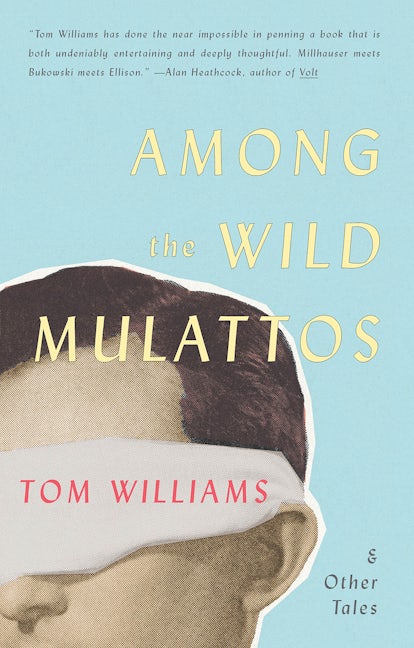Stop Denying Me My Blackness: A Latina Speaks About Race
The Huffington Post
2015-08-04
Vanessa Mártir
I’d been in Wellesley for all of a few weeks when it first happened. It was the fall of 1989, my first year in boarding school. I was walking with another ABC (A Better Chance) student back to our dorm on the outskirts of the Wellesley College campus. We were the “scholarship kids”– her a St. Lucian girl from Flatbush, me a Boricua–Hondureña from Bushwick. We were walking along Washington Avenue, the main street that runs through the town, past the Town Hall that looks like a castle, and the duck pond. I don’t remember what we were talking about or if we were even talking, but I remember his face, bloated and red and angry. He stuck that face out of the truck that slowed down as it passed, then he threw a lit cigarette at us, two teenage girls, her 16, me 13, and said, “Go home, niggers.” We jumped away to avoid getting burnt and stared at the truck as it sped off. She started crying, a quiet, blubbering cry that shook her shoulders. I stayed quiet the rest of the walk home.
The following year, a black girl who was all of a shade darker than me told me I didn’t know prejudice, “because you’re not black.” She pursed her lips and shook her head. I thought back to that lit cigarette and that bloated red face.
In the summer of 1985, my mother took us to Honduras for the first time. One morning, my brother Carlos and I were picking naranjas off the tree whose branch extended out into our family’s patio. We were just kids—I was nine, Carlos was thirteen. We just wanted some oranges. Suddenly the neighbor came running out of her house screaming. She called us malditos prietos, thieves and criminals for picking fruit off her tree. She said she’d rather they rot than have us eat them. My brother pulled open an orange with his fingers, put it to his mouth and sucked on it while he stared at that woman. She sneered and called him, “un prieto sucio.” My brother laughed, juice dripping down his chin, grabbed my hand and walked off. I gave her the universal fuck you sign—the middle finger…
…I’ve been thinking a lot about race, as a Boricua-Hondureña who identifies as BOTH black and indígena, because I am both and neither is mutually exclusive. Here’s the thing, I’m all for conversations about blackness. They are necessary. But to have a complete conversation, we need to talk about how some people, African American and even my own Latino people, have denied me my blackness because “you don’t look black,” they’ve said. The issue is that people like me do not fit into their construct of what race is…
Read the entire article here.



